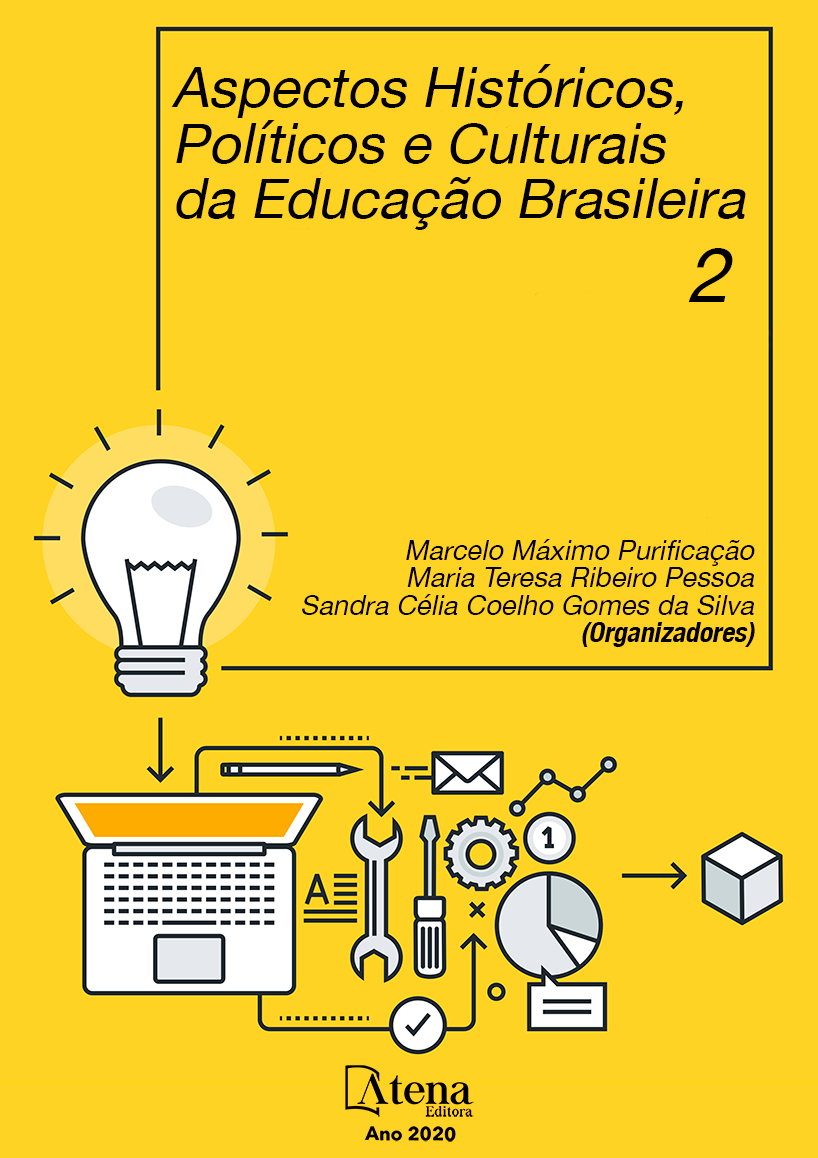
JOÃO ALFREDO E A INSTRUÇÃO PÚBLICA NO BRASIL IMPERIAL
O presente texto tem como objetivo apresentar as principais ideias defendidas por João Alfredo no projeto de Lei nº 73-A que foi submetido à apreciação da Assembleia Geral legislativa e da Comissão de Instrução Pública no ano de 1874 com o objetivo de reorganizar o ensino primário e secundário no Município da Corte. Utilizamos como fontes para nossa pesquisa o projeto de Lei n° 73-A e a obra “A instrução e o império (Subsídios para a História da Educação no Brasil) 1850 – 1887” de Primitivo Moacyr que contém os relatórios do ministro João Alfredo, cujo projeto de instrução defendia questões como a obrigatoriedade do ensino para crianças de sete aos dezoito anos, a criação da Escola Normal e de Escolas Noturnas. Para realizarmos a interpretação dos dados coletados em nossas fontes utilizamos a técnica de análise de conteúdo de Bardin (2011).
JOÃO ALFREDO E A INSTRUÇÃO PÚBLICA NO BRASIL IMPERIAL
-
DOI: 10.22533/at.ed.05020210715
-
Palavras-chave: Instrução Pública. Império. João Alfredo.
-
Keywords: Public Instruction. Empire. João Alfredo.
-
Abstract:
This work aims at presenting the main ideas defended by João Alfredo in the Law Project No. 73-A which was submitted to the appreciation of the legislative General Assembly and of the Commission for Public Instruction in 1874 with the objective of reorganizing the primary and secondary education in the Municipality of the Court. The sources for our research are the Law Project No. 73-A and the work “Instruction and the Empire (Subsidies for the History of Education in Brazil) 1850 - 1887” by Primitivo Moacyr which contains the reports of Minister João Alfredo, whose instructional project defended issues such as the compulsory teaching of children from seven to eighteen years, the creation of the Normal School and Night Schools. To interpret the data collected from our sources, we used the content analysis technique of Bardin (2011).
-
Número de páginas: 10
- Cíntia Farias
- Alberto Damasceno
- Viviane Dourado
- Suellem Pantoja


